Supporting sustainable agriculture
Danny and Miranda Turner of Just-a-Mere Organic Farm and The Organic Box believe in helping to grow sustainable farming
When Danny and Miranda Turner moved their young family from the United Kingdom to Edmonton, Alberta, they quickly began to miss the food culture that they had enjoyed in Europe. In response they started The Organic Box in 2010, a business supplying ethical, sustainable food to Edmonton residents. The following year they purchased Just-a-Mere Farm in Creston, B.C., and immediately began to transition the farm to certified organic. Danny was already a board member of the Alberta Organic Council and found that the community of Creston was enthusiastic and welcoming.
“The whole story of us (at The Organic Box and Just-a-Mere Organic Farm) is about family,” said Danny. “It’s always about families working together to try and, through a real viable business model, build a value chain that works for everybody.”
Business and a way of life
The Turners were interested in meshing the discipline of finance with agriculture. Danny has a master of business administration (MBA) degree from Oxford, has worked in banking in California and was a consultant in London, England. However, he’d grown up in Calgary and spent his summers in Creston, giving him experiences he continues to value.
“I have two boys, both under 10, and I’m giving them access to a lifestyle that I also had when I was a kid,” said Danny. “So, that’s spending our summers in an agricultural community in the fruit valley and just being around that environment. It’s really important. It helps to define who I am, today, so I’m happy that I’m able to do that with my own kids.”
Today Just-a-Mere Organic Farm grows 14 acres of fruit and vegetables in support of The Organic Box under farm manager Margaret Devantier. The Edmonton business also sources from several other Kootenay farmers. The Organic Box uses local produce wherever possible, but the Turners believe it’s especially important that farmers act locally within their home communities. With the consolidation of agriculture a global fact, it’s a practice that can have a big impact for smaller farms.
“What we look for are growers who keep the economic benefits of their farm in their community as a way to drive employment, as a way to drive investment and drive the secondary businesses that come out of having primary production in your communities,” said Danny. “I consider our banana collective in Peru to be just as local as growers near Edmonton because the money we spend on the bananas is staying in that community. It’s not going to New York or Toronto or London, or whatever. The people that grow the bananas are the ones that are benefiting from their work. They’re owners so they’re getting paid proper wages. They reap the profits and they invest the money back into their own communities.”
Ready to grow
Organics is the fastest growing food segment, both in North America as well as globally, said Danny. He believes developing the domestic market provides an economic opportunity for an agricultural community such as Creston. While the existing international framework also provides strong markets to local growers, the organic domestic market can be a positive complement and an alternative. Just-a-Mere Organic Farm has a handful of full-time local employees along with many seasonal jobs. Danny believes there is room to expand the market and that this option provides a good opportunity for farmers to work outside of commodity-based pricing to make a more consistent income.
For Kootenay operations, an increasing interest in organics means that sustainable farming has become a viable option, not just for small farms but for commercial growers as well. The Organic Box has grown significantly since its start just a few years ago and now feeds thousands of Edmonton’s residents. Danny looks forward to continuing the trajectory and to helping other farmers grow their market.
“As we grow our business in Edmonton that means we grow our business in the rural areas,” he said, “therefore directing more money into those communities, therefore getting more support. And that’s kind of the way it works. So we can talk a good talk, but we’re really all about doing things.”

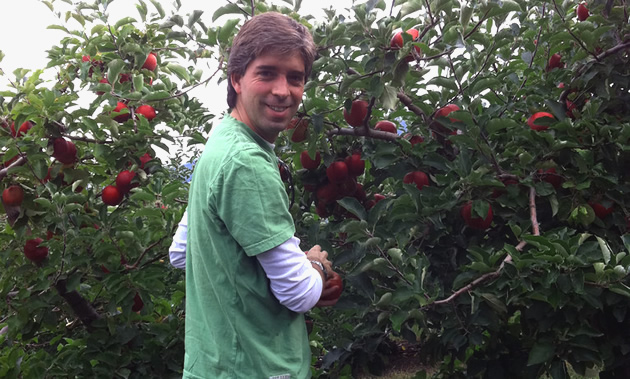
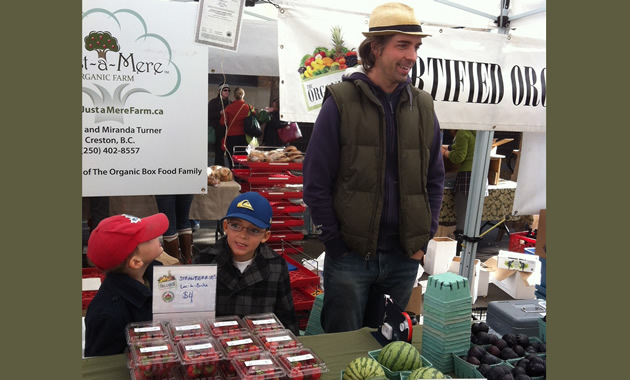
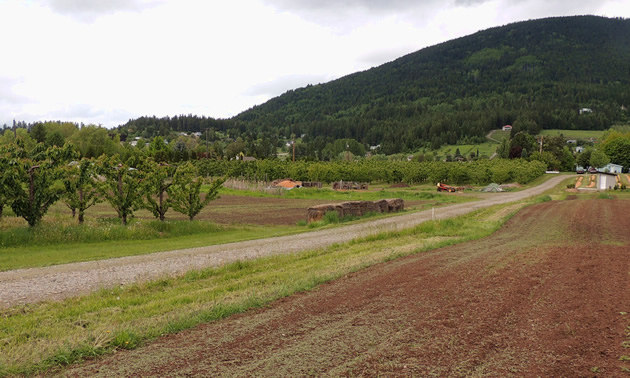

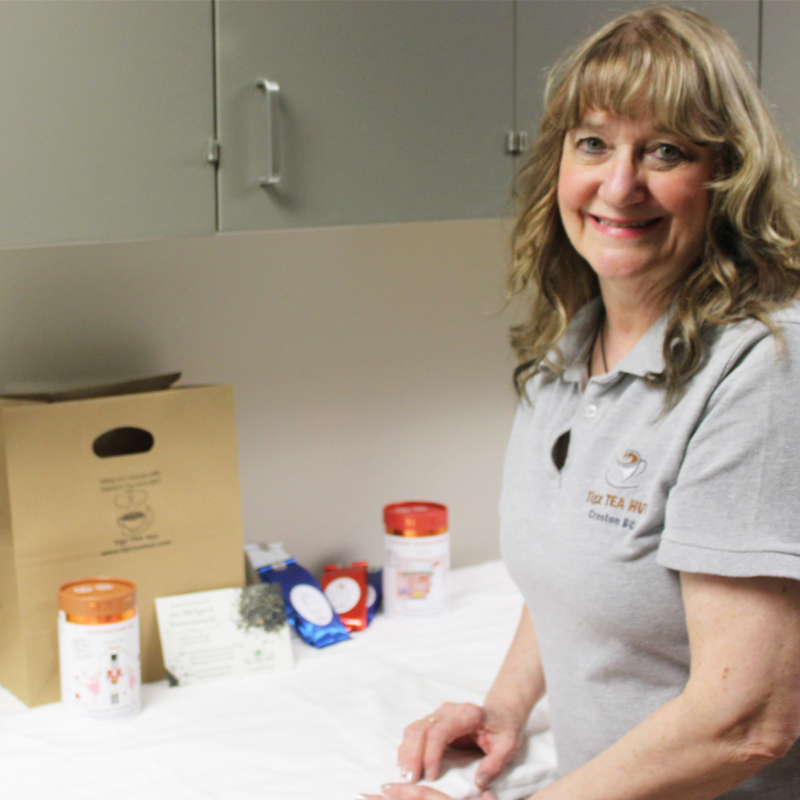
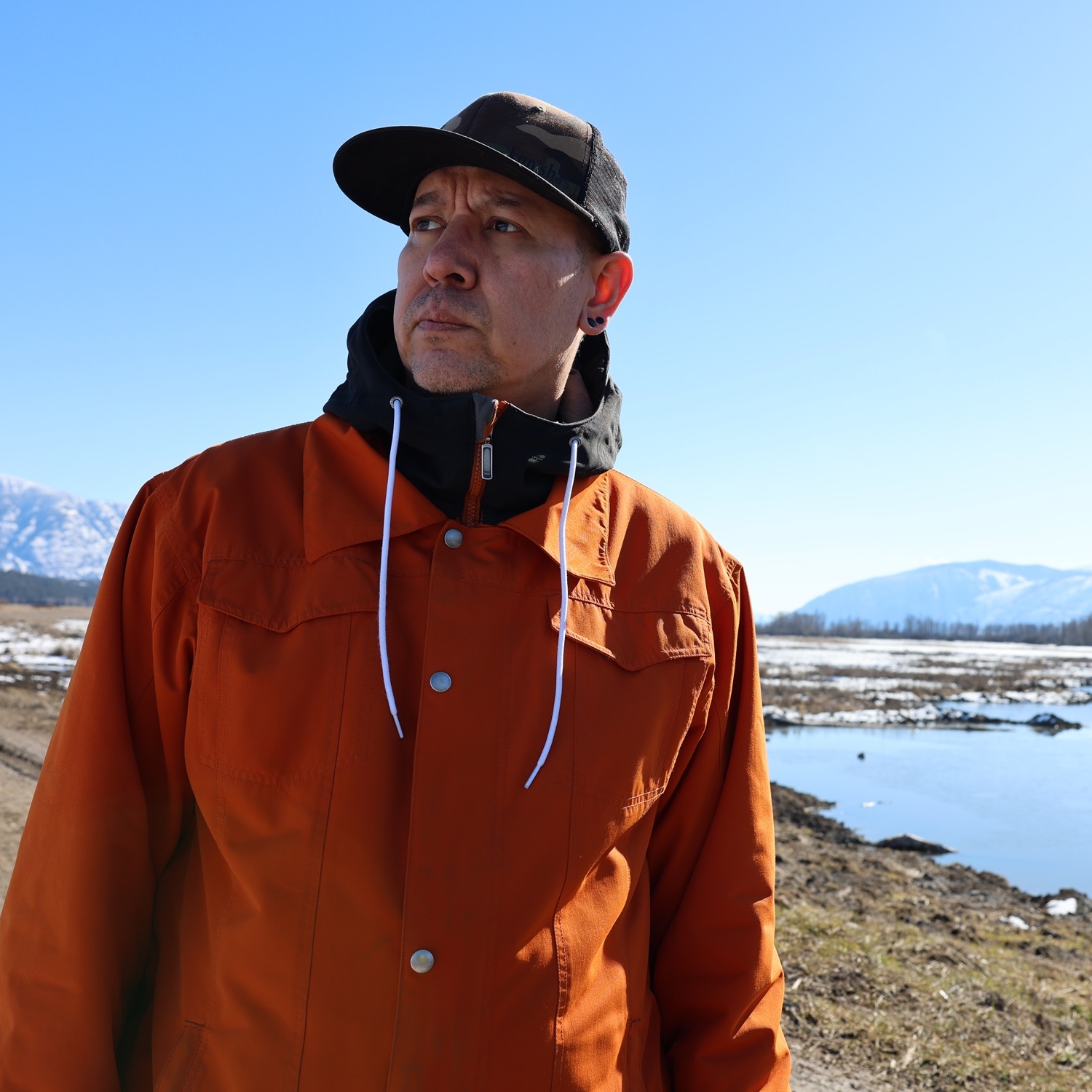
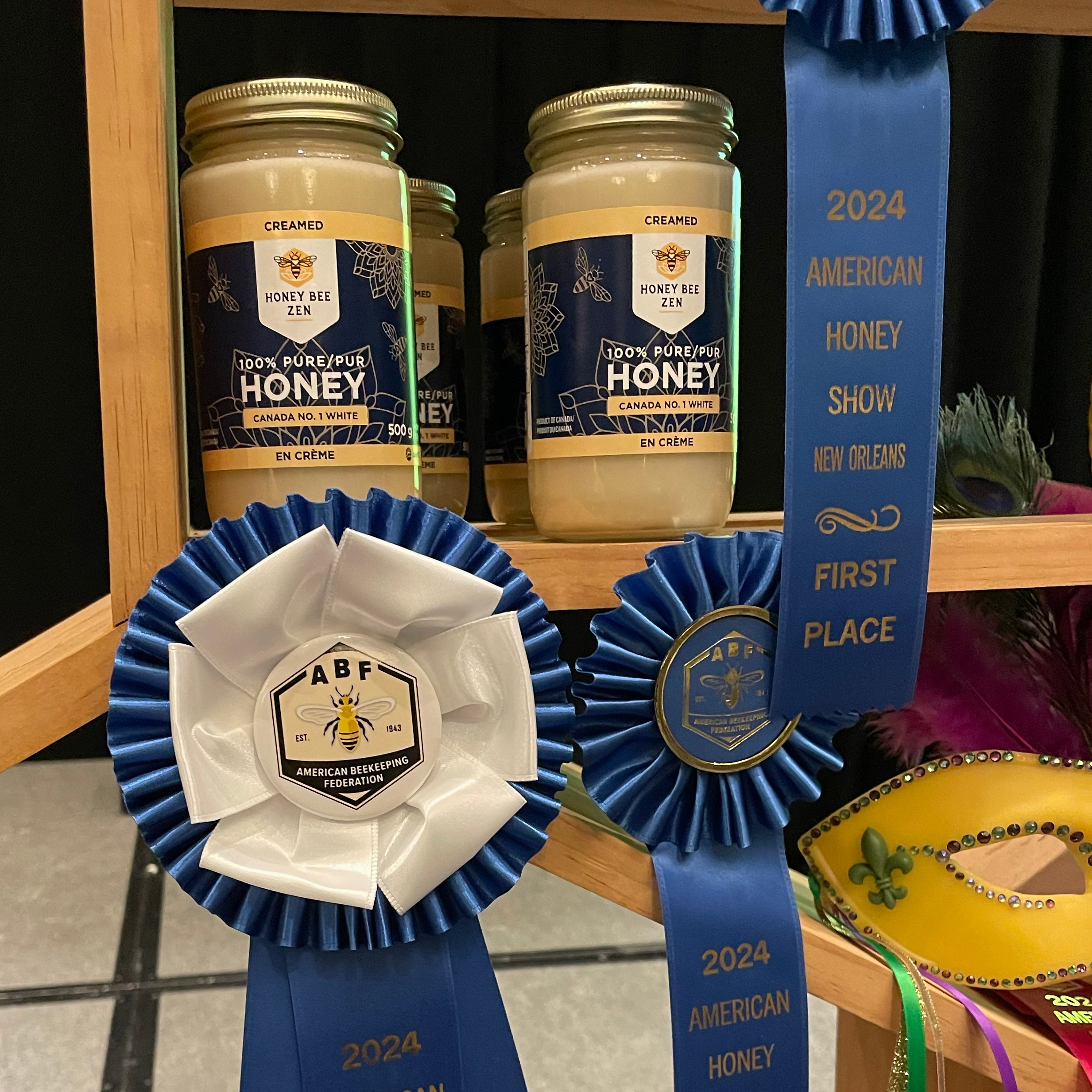

Comments